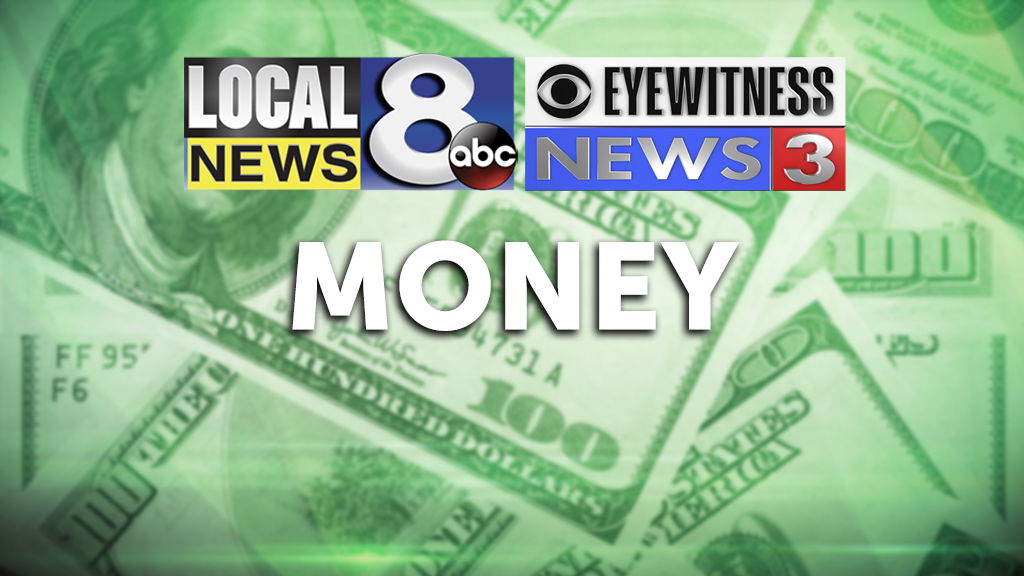How bitcoin is like a teenager

With the value of bitcoin in the market topping $1 trillion, longtime backers may be wiping tears from their eyes. The cryptocurrency is growing up.
What’s happening: Bitcoin’s dizzying ascent has reached new heights. The price of one bitcoin passed $20,000 for the first time in December. Last week, it breached $50,000.
The euphoria that’s swept through markets certainly plays a role, as investors chasing returns in a low-interest world eye alternative investments. But a spree of recent announcements has also made clear that cryptocurrencies are entering a new phase of maturity, as market participants treat them with growing respect.
“I think the kinds of institutions that are now starting to come into it speaks volumes about acceptance,” Greg King, the CEO of Osprey Funds, told me. Last week, his firm launched the Osprey Bitcoin Trust, which is aimed at increasing exposure for everyday investors.
It sent an important signal when Tesla, a S&P 500 company, said it had added $1.5 billion in bitcoin to its balance sheet earlier this month, King said. Not long after, BNY Mellon — the oldest US bank — launched a digital assets unit to issue, hold and transfer bitcoin, while Mastercard said it would support “select cryptocurrencies” directly on its network later this year.
Even BlackRock, the world’s biggest asset manager, is dipping its toe in the water.
“People are looking for storehouses of value,” Rick Rieder, BlackRock’s chief investment officer of global fixed income, said in a recent interview with CNBC. “We’ve started to dabble a bit into it.”
Bitcoin is by far the top option for professional investors eying cryptocurrencies. But ether, the second largest cryptocurrency by market value, is also gaining mainstream appeal.
The Chicago Mercantile Exchange, a top derivatives marketplace, rolled out ether futures in early February. Prices have shot up since then.
King emphasized that more work is needed as cryptocurrencies come of age.
“All these institutional caliber tools that make up the capital markets ecosystem … that is still in very early stages for the crypto space,” he said.
On the radar: Most traditional market players are still vetting bitcoin, assessing the liquidity of crypto markets and how they’d respond to various shocks.
Deep skepticism remains. In a research report published last week, JPMorgan strategists called bitcoin an “economic side show,” noting that cryptocurrencies “remain several times more volatile than core asset markets,” and are still almost exclusively used for speculation and not spending.
But it’s hard to dispute the direction of travel given the events of the past month.
“The rise of digital finance and demand for fintech is the real financial transformational story of the Covid-19 era, not the rally in bitcoin prices,” JPMorgan asserted. “But the recent announcements of greater acceptance and adoption by Tesla, BNY Mellon and Mastercard confirm the increased investor demand and interest in transacting payments in cryptocurrencies.”
Biden’s stimulus bill is moving ahead
Bipartisan support may hard to come by. But after weeks of debate, President Joe Biden’s massive $1.9 trillion Covid relief bill is set to glide through Congress.
The latest: The House Budget Committee is taking steps to finalize the legislation so it can move to a general vote. House Speaker Nancy Pelosi said she’d like that to happen this week.
The sweeping rescue package, which would then get kicked to the Senate, is slated to include a new round of $1,400 stimulus checks, an expansion of the child tax credit and an increase in the minimum wage to $15 an hour.
Sticking point: Democrats plan to pass the legislation through a process known as reconciliation, which will allow approval in the Senate with just 51 votes. The Senate is split 50-50 along party lines. Vice President Kamala Harris has the ability to step in and act as the tie-breaker.
That means Democrats can’t afford to lose the support of even a single member of their party. And some moderate lawmakers have made it clear that the $15 minimum wage boost doesn’t have their backing.
Watching the calendar: Pelosi has said she expects the Covid relief package to be on Biden’s desk by March 14, when current jobless benefits expire. The clock is ticking.
Up next
Tuesday: US consumer confidence; HSBC, Home Depot, Macy’s and Square earnings; Apple shareholders meeting
Wednesday: US new home sales; Lowe’s, Office Depot, TJX, Booking Holdings, L Brands, Nvidia and ViacomCBS earnings
Thursday: Initial US jobless claims; Anheuser-Busch InBev, Domino’s Pizza, Best Buy, Cars.com, J.M. Smucker, Moderna, Papa John’s, Beyond Meat, Etsy, Live Nation, Nikola, Virgin Galactic and Salesforce earnings
Friday: India GDP; US personal income and spending data; DraftKings earnings
